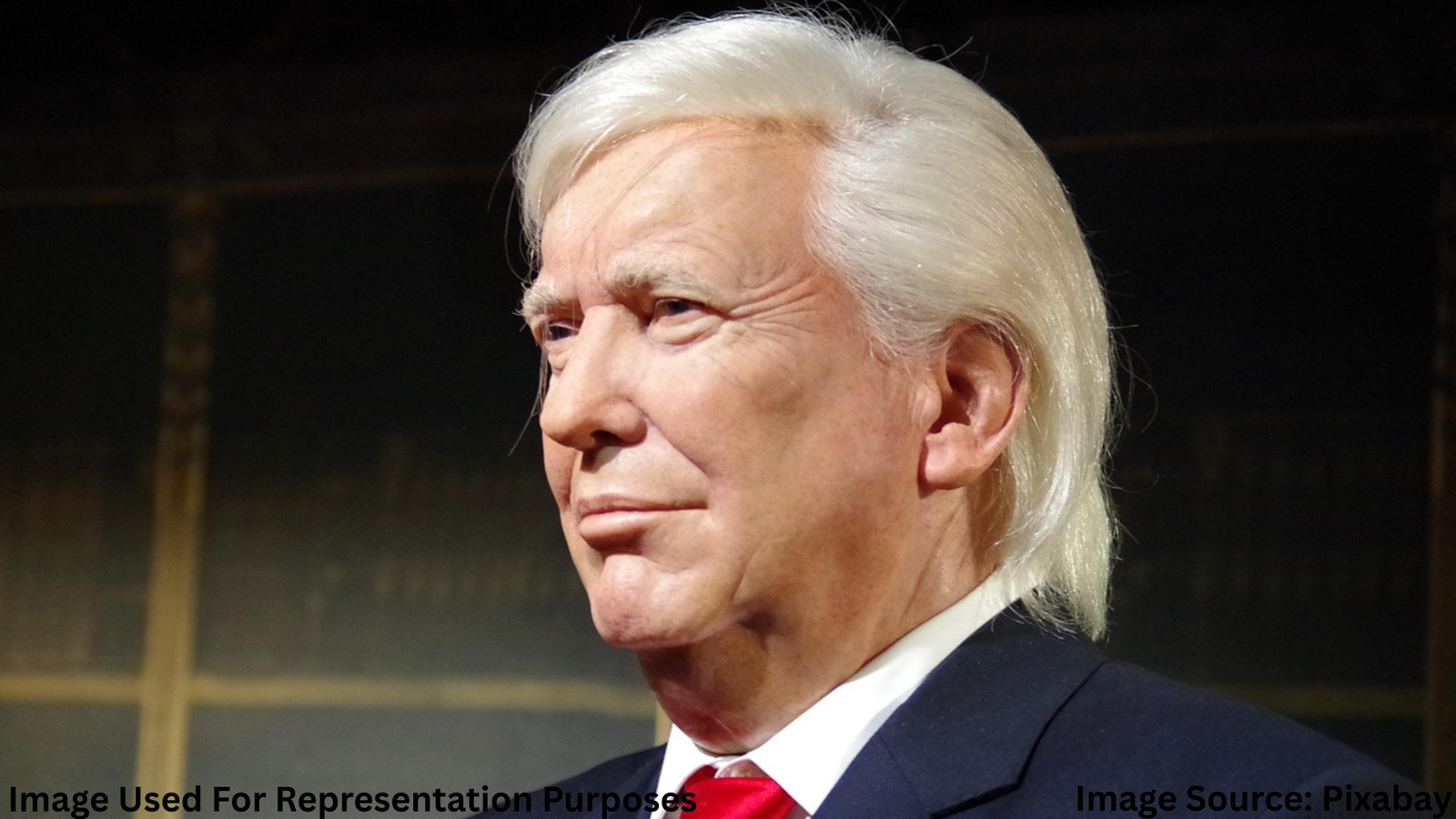
Brazil Russian Oil Buyers: How Brazil Became a Strategic Energy Partner
Brazil Russian Oil Buyers is a story of how Brazil has emerged as a growing participant in the global energy market, taking advantage of opportunities presented by shifting trade flows. While traditionally focused on its domestic oil production, Brazil has recently expanded its interest in Russian crude to support its growing industrial and transportation sectors. This move highlights strategic energy management, economic pragmatism, and global trade foresight.
Brazil’s Growing Energy Demand
Brazil is one of the largest economies in South America, with rapid urbanization and industrialization driving increased energy needs. While the country produces a significant amount of oil domestically, demand for diverse energy sources continues to rise. Joining the ranks of Brazil Russian Oil Buyers allows the country to supplement its domestic production with discounted imports, ensuring stability for local industries.
The changing global energy landscape, influenced by the Russia-Ukraine conflict and Western sanctions, opened a unique window for Brazil to access cheaper Russian oil. Although not as dependent as India or China, Brazil strategically positioned itself to benefit from these market conditions.
Economic Advantages of Buying Russian Oil
The primary driver for Brazil Russian Oil Buyers is economic efficiency. Russian oil, offered at discounted rates due to sanctions, allows Brazilian importers to reduce costs while strengthening domestic fuel price stability. Local refineries can process the imported crude and convert it into diesel, gasoline, and other products essential for the country’s growing logistics and agriculture sectors.
This strategy also helps shield Brazil from sudden price spikes in global oil markets. Affordable imports ensure transportation and food production remain stable, which is crucial for a nation heavily reliant on agriculture and export-driven growth.
Geopolitical Balancing and Trade Strategy
Brazil’s emergence among Brazil Russian Oil Buyers reflects its careful approach to international diplomacy. While maintaining partnerships with the United States and Europe, Brazil takes a pragmatic stance on energy imports. Officials have emphasized that their decisions are based on national interest, not political alignment.
This strategy allows Brazil to benefit economically without significantly straining its global relationships. In an era of volatile geopolitics, maintaining energy flexibility is key to long-term economic resilience.
India Russian Oil Buyers: How India Became One of the Biggest
Real-Life Impacts for Brazilians
The effects of Brazil’s strategic imports can be seen in daily life. Stable fuel prices help farmers, truck drivers, and small businesses manage operational costs. João, a soybean farmer in Mato Grosso, shared, “Lower diesel costs mean we can transport our crops to the port without losing our profit to fuel expenses. It keeps us competitive in the global market.”
Brazil’s Refinery Capabilities and Infrastructure
Brazil’s refining capabilities are a critical factor in its participation as one of the Brazil Russian Oil Buyers. The country can process a variety of crude blends, giving it the flexibility to integrate Russian imports into its energy system. This adaptability ensures that discounted crude can be efficiently converted into products that power Brazil’s economy.
Environmental Considerations
While increasing oil imports brings short-term economic benefits, environmental advocates argue that it may slow Brazil’s renewable energy momentum. However, policymakers defend the decision as temporary, emphasizing the importance of stable energy prices to maintain economic growth and fund future green initiatives.
Practical Lessons for Developing Economies
Brazil’s strategy as a member of Brazil Russian Oil Buyers offers valuable insights for other nations:
- Leverage market shifts to secure affordable energy.
- Diversify energy sources to enhance security and resilience.
- Balance short-term economic needs with long-term environmental goals.
By applying these lessons, developing economies can achieve stability and growth without being overly vulnerable to geopolitical shocks.
Conclusion: Brazil’s Strategic Energy Path
Brazil Russian Oil Buyers reflects a broader trend of emerging economies adapting to a changing global market. By pursuing discounted Russian oil, Brazil strengthens its economy, stabilizes domestic energy prices, and enhances its role in international trade. This calculated move demonstrates how flexible energy policies can secure national interests and prepare nations for future global shifts.

Akalumhe Jefferson is a content writer with a new found interest for crafting engaging stories that transport readers to new worlds. Although no current actual background in creative writing but there’s active love for writing



